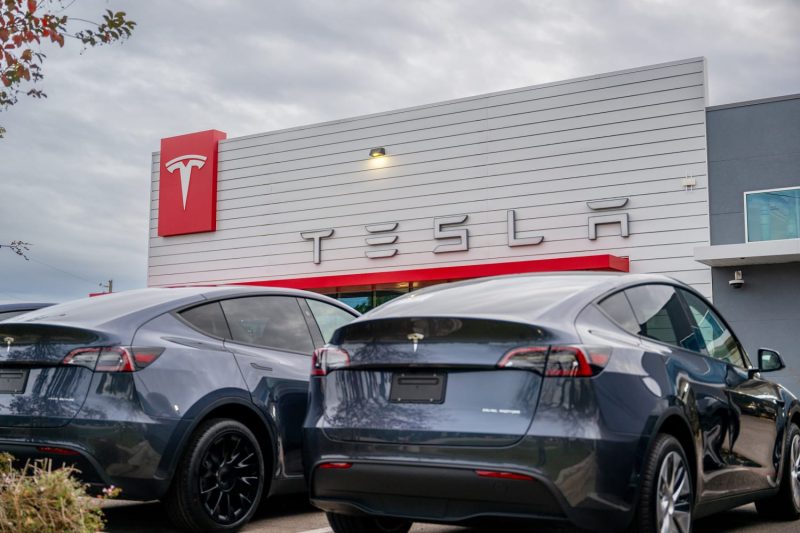The European Union’s Decision to Reduce Tariffs on Chinese-Made Tesla EVs and Other Products
Background Information
The European Union (EU) recently announced a significant shift in its trade policy by slashing the planned tariffs on Chinese-made Tesla electric vehicles (EVs) and other products manufactured by Chinese firms. This decision marks a departure from the previous stance of imposing high tariffs on Chinese imports, signaling a more open approach to trade with China.
Reasons Behind the Tariff Reduction
One of the main reasons behind the EU’s decision to reduce tariffs on Chinese-made Tesla EVs and other products is to promote the adoption of electric vehicles in Europe. As part of its commitment to reducing carbon emissions and combating climate change, the EU is encouraging the use of electric vehicles as a more sustainable alternative to traditional gas-powered cars. By lowering tariffs on Chinese-made EVs, the EU aims to make these vehicles more affordable and accessible to European consumers.
Impact on the EV Market
The reduction in tariffs on Chinese-made Tesla EVs is expected to have a significant impact on the EV market in Europe. Tesla, as a leading manufacturer of electric vehicles, stands to benefit from this decision by gaining a competitive edge in the European market. Lower tariffs on Tesla EVs may lead to increased sales and market share for the company, further solidifying its position as a key player in the EV industry.
Moreover, the tariff reduction is likely to stimulate competition in the EV market, as other Chinese firms producing electric vehicles may also benefit from the lowered tariffs. This increased competition could drive innovation and product development in the EV sector, ultimately benefiting European consumers with more choices and improved technology in electric vehicles.
Trade Relations Between the EU and China
The EU’s decision to reduce tariffs on Chinese-made Tesla EVs and other products also reflects the evolving trade relations between the EU and China. By lowering barriers to trade, the EU is signaling its willingness to engage in more open and collaborative trade relationships with China. This move could pave the way for closer economic cooperation between the two entities and foster greater exchange of goods and services in the future.
Overall, the EU’s decision to slash planned tariffs on Chinese-made Tesla EVs and other products represents a significant development in the trade landscape between the EU and China. This decision is expected to have far-reaching implications for the EV market in Europe, as well as for the broader trade relations between the two economic powerhouses.
